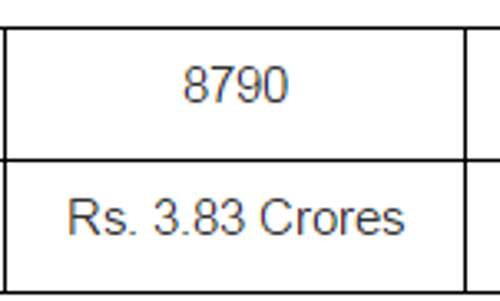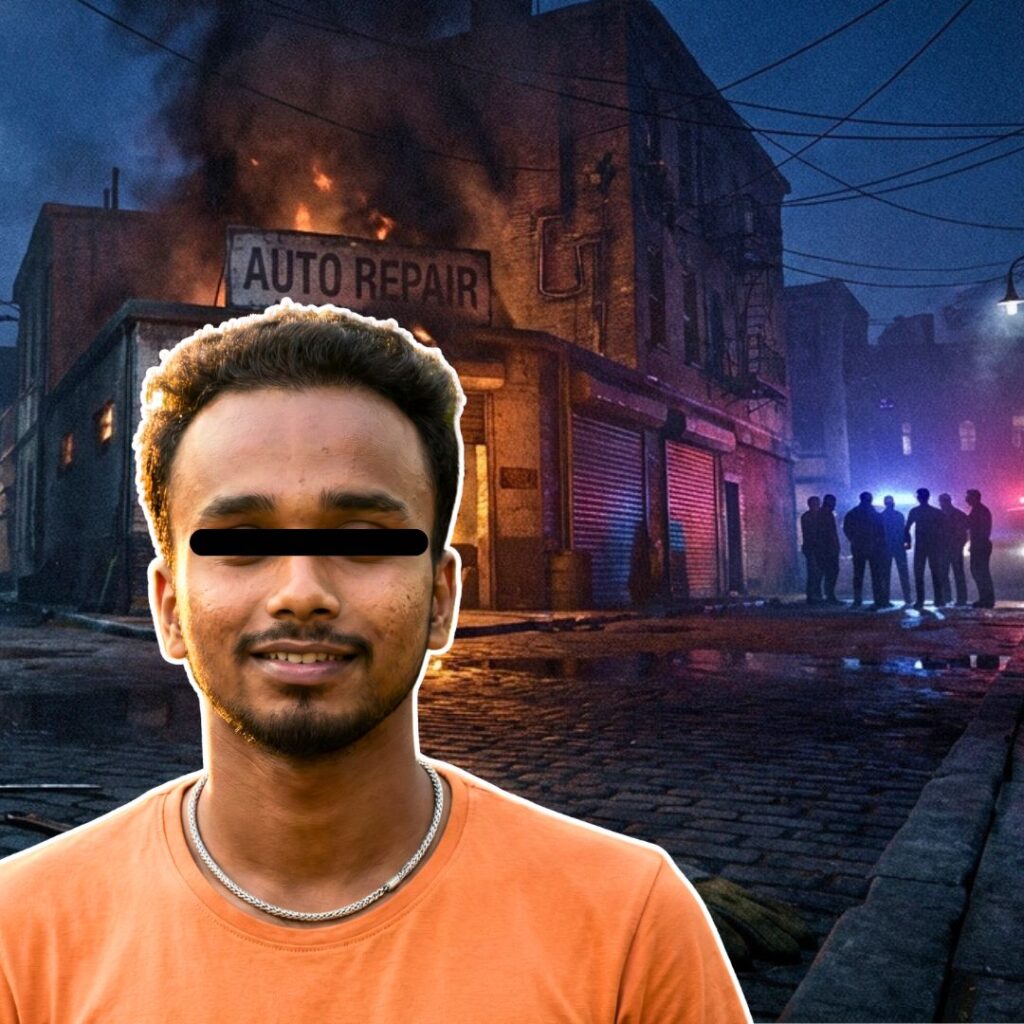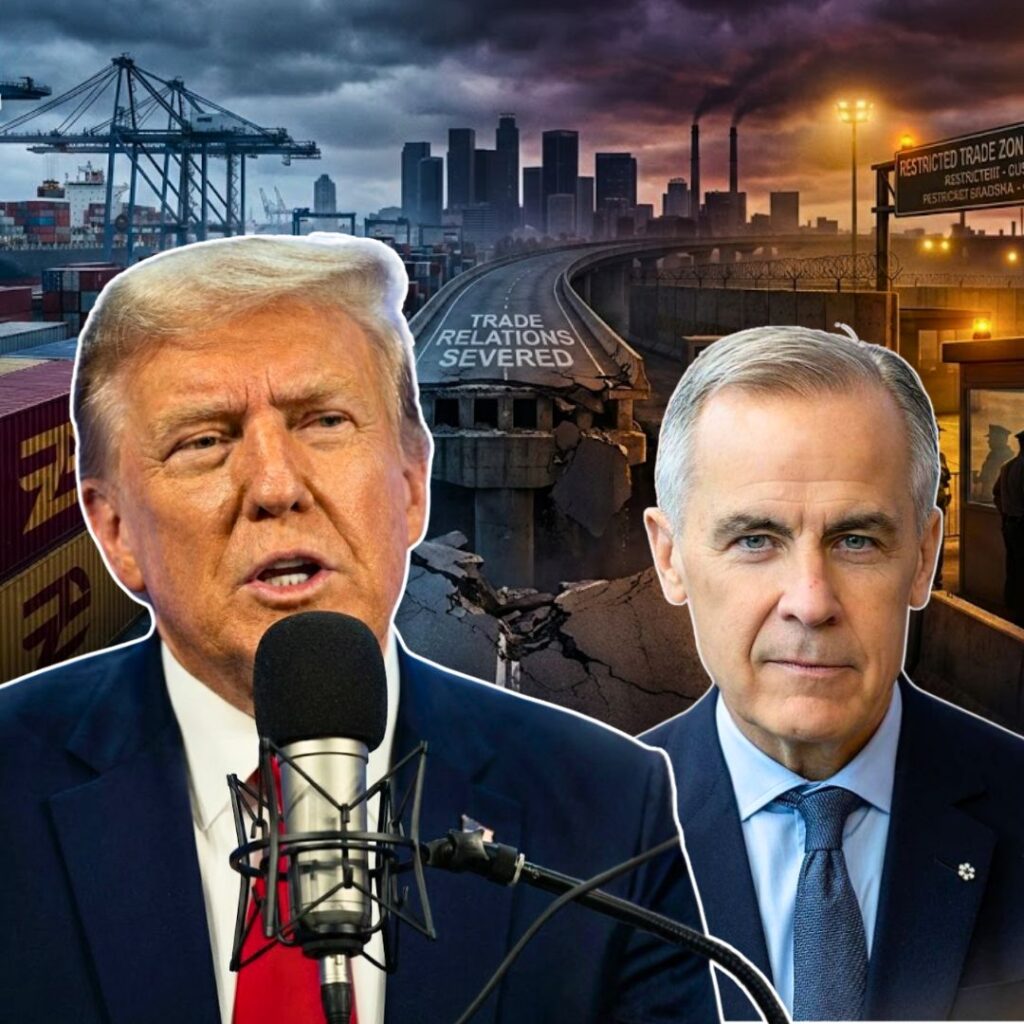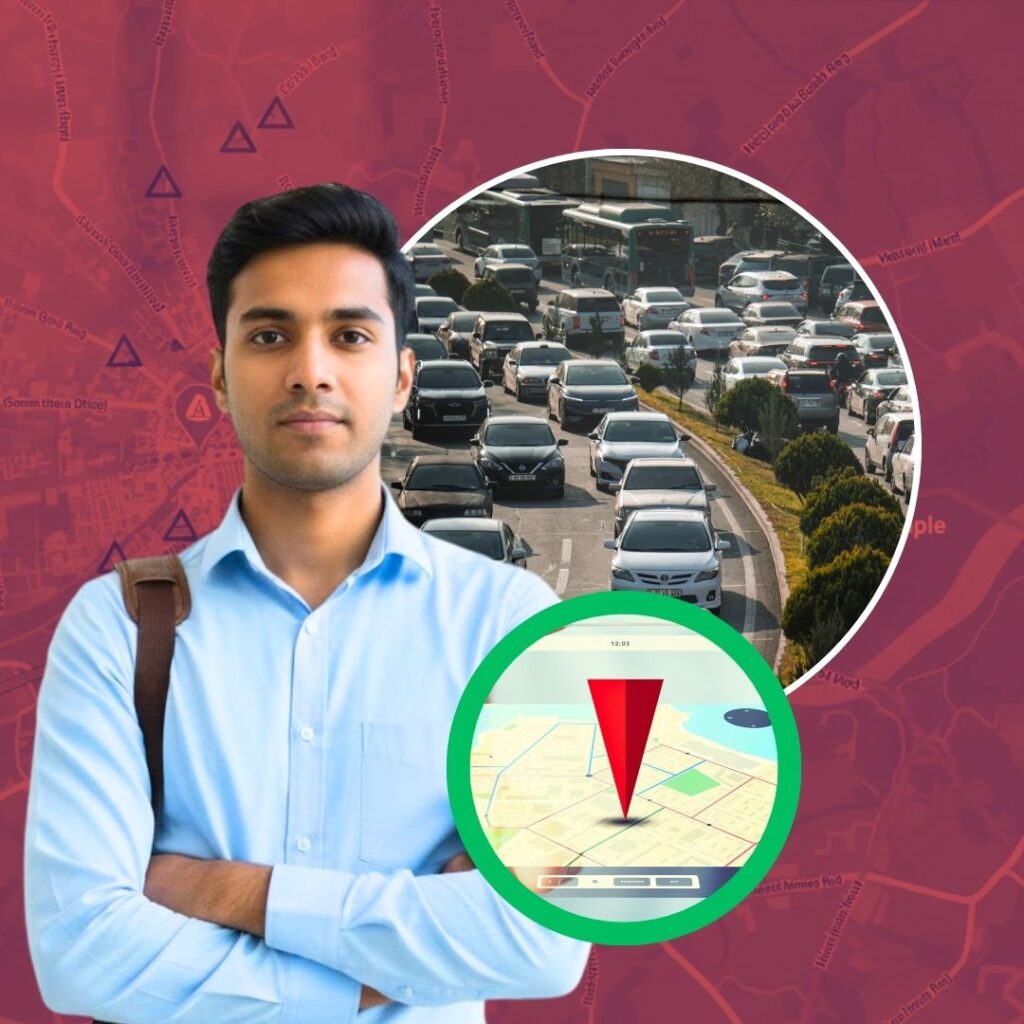When our founding fathers gave us our constitution, clearly, they wanted us to have political freedom for the people of India – freedom to determine who we would be governed by, as well as freedom of thought, expression, belief, faith, and worship. They wanted justice and equality, of status and opportunity. Now fast forward to 2016 years almost 20% and possibly more members of Lok Sabha have a criminal record, almost 50% of our population still lives below poverty line and corruption is one of the biggest threat to the nation’s credentials as an upcoming super power. So what went wrong ? Why even after so many years and such growth in education and literacy levels we still elect criminals?
Let’s look at the facts
An analysis was carried out by the Association for Democratic Reforms (ADR) and National Election Watch (NEW) in 2013. It was a research on 10 years of Indian politics and how criminalization of this huge democratic process of elections has bled our democracy dry. Some facts from that report clearly show the threat to the system of free and fair elections.
Ø Total Number of Candidates Analyzed: A total of 62847 Candidates who have contested either Parliamentary or State Assembly Elections since 2004 have been analyzed.
Ø Total Number of MPs/MLAs Analyzed: A total of 8790 MPs/MLAs who have either held seats since 2004 either in the Parliament or in State Assemblies have been analyzed.
Ø Candidates with Criminal Cases: A total of 11063 out of these 62847 (18%) Candidates have declared criminal cases against themselves.
Ø Candidates with Serious Criminal Cases: 5253 (8%) out of the 11063 Candidates analyzed have declared serious criminal cases against themselves.
Ø Sitting Lok Sabha MPs with Criminal Cases: 162 (30%) out of the 543 Lok Sabha MPs have declared criminal cases against themselves. 76 or 14% of the current Lok Sabha MPs have declared serious criminal cases against themselves.
Ø Sitting Rajya Sabha MPs with Criminal Cases: 40 out of 232 (17%) sitting MPs from Rajya Sabha have declared criminal cases against themselves. 16 (7%) of the current Rajya Sabha MPs have declared serious criminal cases.
Ø Sitting MLAs who have declared Criminal Cases: 1258 (31%) out of the 4032 sitting MLAs from all state assemblies have declared criminal cases against themselves. 15% of the current MLAs from all state assemblies have declared serious criminal cases against themselves.
Ø MPs/MLAs with Criminal Cases: Out of the 8790 MPs/MLAs analyzed since 2004, 2575 or 29% have declared criminal cases against themselves and 1187 or 14% have serious criminal charges. INC has 8% and BJP has 13% MPs/MLAs with serious criminal charges.
Ø Average Assets of MPs/MLAs with Criminal Cases: The average assets of 2575 MPs/MLAs (analyzed since 2004) with Criminal cases is Rs. 4.30 Crores and for 1187 MPs/MLAs with serious criminal charges has been Rs. 4.38 Crores.
Table: Candidates and Average Assets
The report clearly shows the correlation between asset size and criminal behavior. Criminal background and muscle power have been the single most important factor in influencing voting behavior.
What could be the reasons behind this?
The most important reason of criminalization of politics everywhere in India has been the nexus between criminals and politicians. The protection of the state provided to these criminals is important for them to carry out their nefarious activities. They provide the necessary money and muscle during election time to these politicians. The criminal justice system of India has inbuilt structural delays which allow a convicted person to go on appeal and continue to contest elections. And as a result, the conviction rate in India has fallen to 40%. The parliament has failed to enact adequate electoral reforms to decriminalize politics. Such changes are vehemently opposed by all concerned parties. Case in point the Haryana Panchayat Election amendment rules were challenged in Supreme Court, however, the court upheld the changes. Another reason is the first past the post electoral system in India. The multi-cornered contest allows a criminal to just secure majority votes and he does not have to have the support of 50% of voters. Moreover, there is also a decline in the value system of our society where poor people have no choice but to vote for criminals. In fact, Raghuram Rajan in his speech back in 2014 had said ‘”This is where the crooked but savvy politician fits in. While the poor do not have the money to “purchase” public services that are their right, they have a vote that the politician wants. The politician does a little bit to make life a little more tolerable for his poor constituents – a government job here, an FIR registered there, a land right honored somewhere else. For this, he gets the gratitude of his voters, and more important, their vote”.
The devastating consequences
The law breakers today are now the law makers and they do not allow the parliament to enact sufficient laws to effectively administer the country. The parliament loses the moral authority to legislate laws. Further, it has led to increased violence which overtime has trickled down into the society creating a cruel and nasty atmosphere. Case in point the recent beating of a JNU student and some journalists by BJP MLA O.P Sharma. The money power used during elections has led to increased corruption in public life. This creates a vacuum created by the non performance of field level infrastructure affecting the poor and the rich alike. It is the problems created by this void which leads to evils like Naxalism. Justice Chandra Shekhar aptly wrote in his book –
“Jeet gaye to Minister,
Haar gaye to Governor,
Retire ho gaye to Vice Chancellor.
Our kuch nai to Sarvoday Sanstha hai hi..”
Practical solutions to the problem
The Supreme Court of India recently made some decisive judgments when it came to criminals contesting elections. It made sure that criminals who have been sentenced to more than 2 years in prison for a crime cannot contest elections. Also the NOTA (none of the above) option was allowed while exercising votes. Media should play more active but conscious role in bringing out the bare faces of criminals having a free run in the political system. Like in other well known democracies, corporate should play an effective role in furthering good governance and support clean politicians instead of short-sighted approach to benefitting self. The transparency is lacking in India when it comes corporate – politician relation and transaction. Civil societies, NGO, etc. voters should play on active role. In a Democracy, it is the standards which people set which will eventually reflect on the standards set by elected representatives. If voters stop taking bribes and stop voting for the criminals, the system will change in turn. India also needs to fiddle with its electoral system and must introduce some innovative steps like making ‘a right to reject and recall’ a fundamental right of every voter and thereby securing Article 324 for the purpose of having free and fair political system.
– Written By Sanwal Chandra



 Table: Candidates and Average Assets
Table: Candidates and Average Assets






